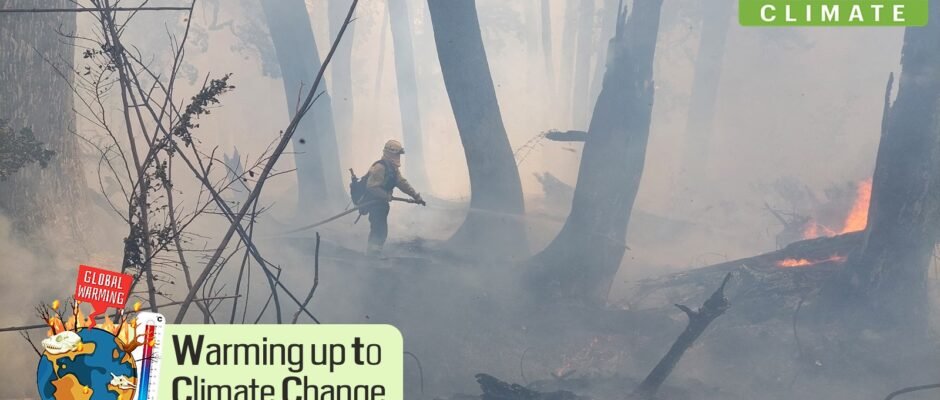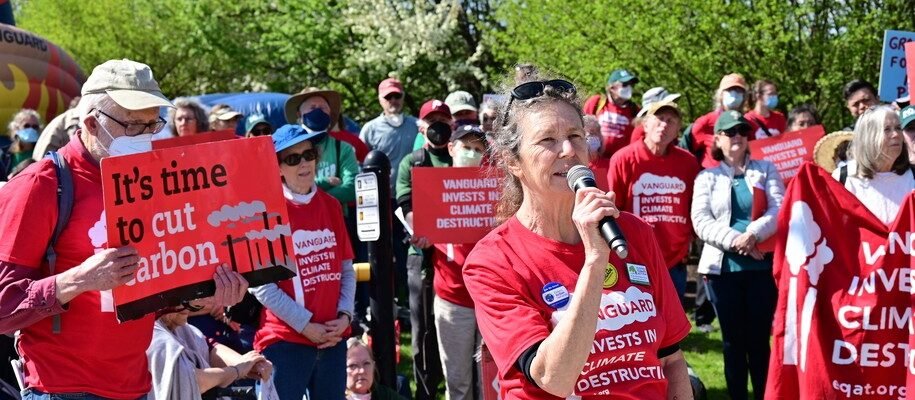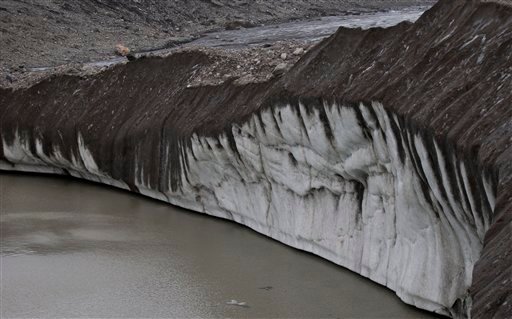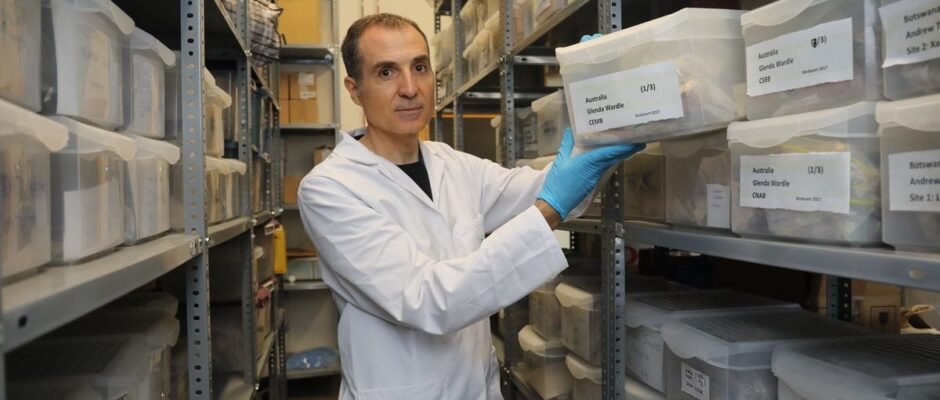A recent report reveals that climate change is increasingly posing a higher risk for children’s outdoor play activities.
Blistering heat waves and more frequent wildfires are undoing the progress made in achieving clean air in the United States, according to a new study. The study, conducted by climate analytics firm First Street Foundation, predicts that by midcentury, the levels of microscopic soot particles and ozone molecules entering Americans’ lungs will be equivalent to […]











